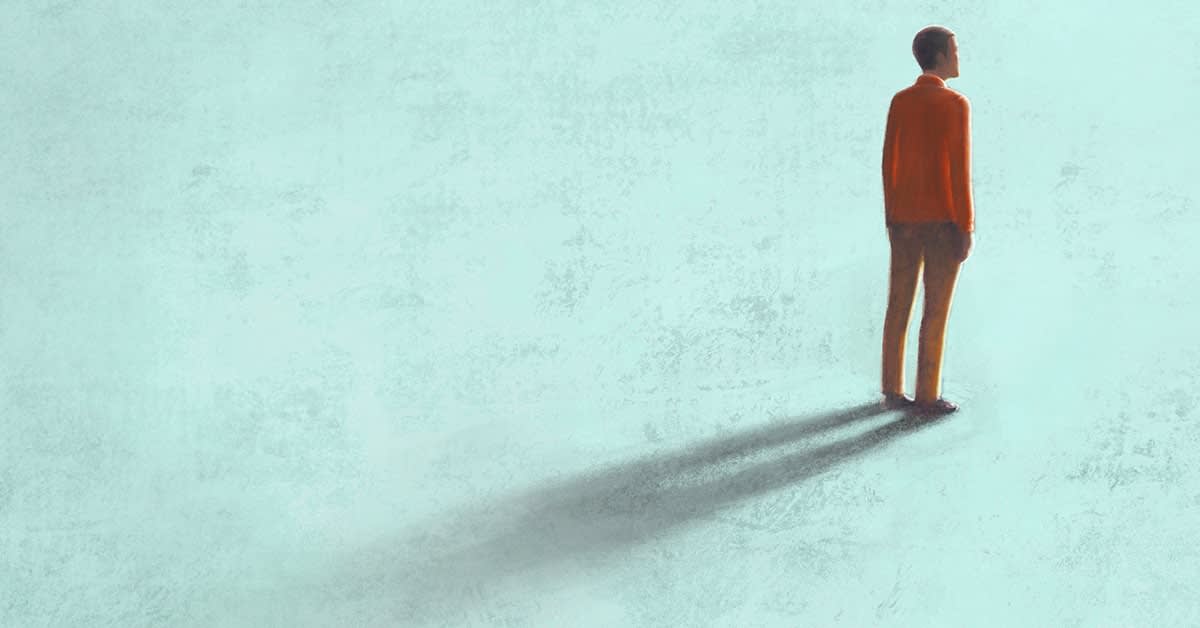
Unofficial Minister of Loneliness
Maybe it took a global pandemic rendering us isolated and powerless to gain awareness of our loneliness. Why is lonely such a terrifying word? Those kids up to no good: loners. Mass shooters: loners. Those who bother us or are otherwise unworthy of our attention or affection: loners.
Loner, the cruel adjective, has become synonymous with the lesser. Do we not recognize that when we call somebody a loner, we’re highlighting our failure to surround and support a fellow human?
I know quite a bit about being lonely. I have spent most of my life surrounded by thousands of people who knew me and of whom I was entirely frightened. And in my years of research and clinical practice, I have understood how harmful loneliness is. Would it surprise you to learn that the number one killer of humans is loneliness? Loneliness is our conscious or unconscious lack of human connection. It may manifest itself in numerous ways; heart failure, suicide, or succumbing to an otherwise benign illness. Behind most physical surrenders is a lack of meaningful human connection: loneliness.
The Takedown
I still remember where I was sitting in Spanish class during an incident my sophomore year in high school, twenty-six years ago. I remember what I was wearing, and I remember the smell in the room. I remember where the teacher was standing and what he was wearing. I remember what was on the blackboard. And most importantly, I remember the pain I felt when I heard another student proclaim to the boy sitting in front of him, “I only have two friends, but that’s two more than you have.” I can still hear him saying it. His ghoulish takedown of another soul was rooted in the cruel notion that he was less lonely than his intended target.
I knew both of them well, and my heart ached. I tried to comfort the target of the attack. I tried to convince the younger boy that his perpetrator was making stuff up to feel better about himself.
But that boy and I both knew the accuracy of the claim. Having kept in contact with him, I know that he still aches when thinking about the encounter.
How did we get to this point? The dehumanization of those most in need of connection is commonplace. After each tragedy, we reward these hostile acts of volition with enough air time for the cruel to say, “I didn’t really know her…. He kept to himself…. She was quiet…. He was a loner.” Just once, I’d love to hear somebody interviewed saying, “I really should have said hello… I really should have included him… I really should have stood up for her….”
Loneliness Is Not Intentional
Loneliness does not mean being alone! Those who experience the harmful effects of loneliness often have a front-seat view of what they are missing
- The young professional walking down a crowded New York sidewalk
- The aging woman with dozens of grandchildren but utterly uninvolved in their lives
- The teenager with thousands of digital friends but not one who’d notice if they disappeared
- The new mom abandoned by friends who cannot relate
Loneliness kills. It’s a pandemic of such proportions that governments throughout the world now consider loneliness a health crisis. Great Britain created the Minister of Loneliness position several years ago. Confronted with massive suicide rates, Japan also formed a Minister of Loneliness position. I hope Japan finds more success as Great Britain, to date, has only seen the severity deepen since creating the commissions.
We must recognize loneliness as so much more than a term. Loneliness is perhaps the most lethal and curable condition known today.
We must now do more to seek out those who need meaningful human connection. Even in quarantine times, we must include those in our lives, our homes, and our families. We must be more proactive in making ourselves readily available to provide human contact. We can save lives